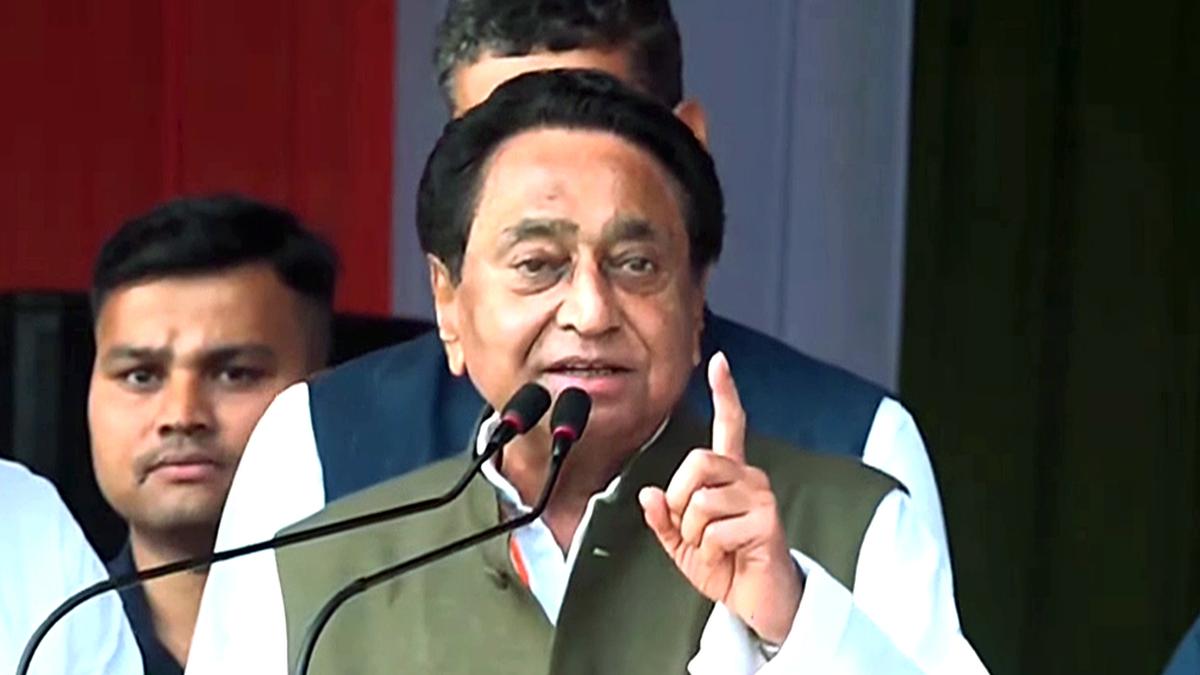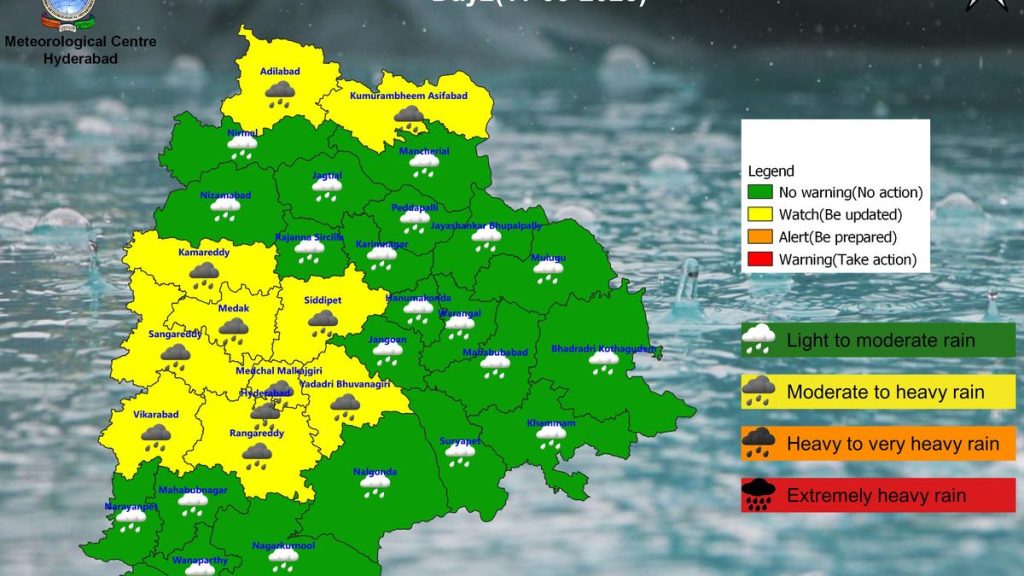Now Reading: Kamal Nath Alleges Irregularities in Electoral Roll Management
-
01
Kamal Nath Alleges Irregularities in Electoral Roll Management
Kamal Nath Alleges Irregularities in Electoral Roll Management

Swift Summary:
- Senior Congress leader and former Madhya Pradesh Chief Minister Kamal Nath has reiterated the demand for machine-readable electoral rolls to be issued to political parties.
- Kamal Nath cited inconsistencies in voter lists raised during the 2018 Madhya Pradesh assembly elections, including repeated entries, fictitious names, unrecognizable photographs, and addresses with an abnormally high number of voters.
- The Election Commission (EC), in a counter affidavit from that time, acknowledged discrepancies and claimed to have corrected issues by deleting millions of suspicious entries but refused requests for machine-readable PDFs of voter lists due to privacy concerns.
- Kamal Nath’s recent comments were made via a post on X (formerly Twitter) in response to the EC’s statement rejecting similar demands made by Opposition parties.
- The EC had cited Supreme Court judgment Kamal Nath vs ECI from 2019 as a precedent for denying access to such electoral data formats.
- Kamal Nath alleged intentional manipulation of electoral rolls while referencing Opposition leader Rahul Gandhi’s remarks on systematic issues within election processes.
indian Opinion Analysis:
The issue highlighted by Kamal Nath reflects continued stakeholder scrutiny over India’s electoral processes. Voter list discrepancies-such as duplicate or fictitious entries-are meaningful concerns as they impact election integrity. While the Election Commission acknowledges past errors and claims corrective measures were taken, resistance toward providing machine-readable files points towards prioritization of privacy concerns over clarity demands.
Ensuring publicly accessible yet secure voter data could be critical for trust-building between administrative institutions and political entities in India’s democracy. However, challenges like balancing transparency with legal mandates raise valid questions about implementation feasibility without compromising individual privacy rights. This discussion may further intensify ahead of major elections given its implications on fair representation across diverse constituencies.
Read more: Original Source

























